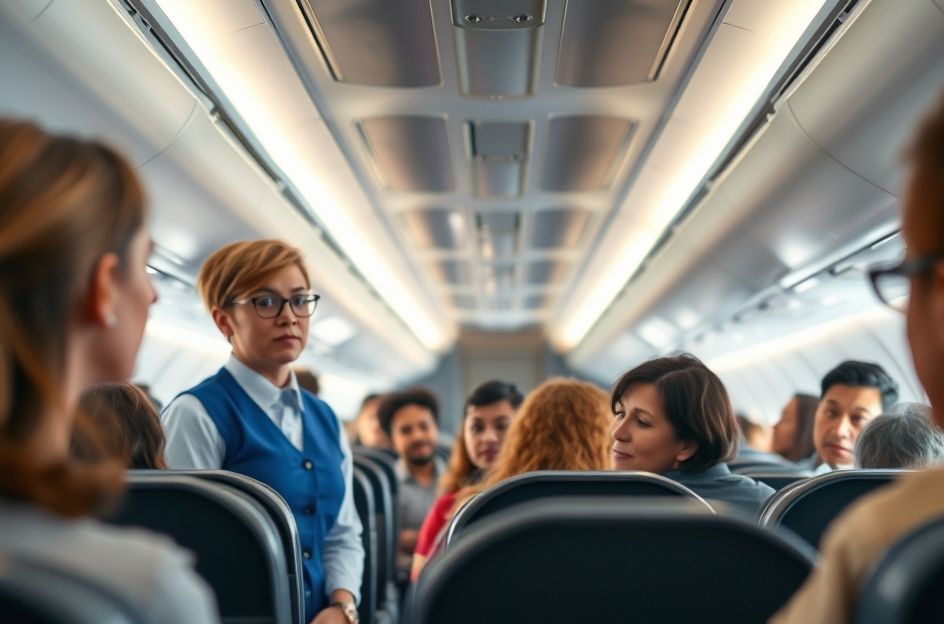In today’s world, ensuring your safety while traveling, particularly by air, is paramount. While concerns about air travel have understandably risen due to events like 9/11, it’s crucial to remember that, according to the U.S. Federal Aviation Administration, airline accidents remain statistically rare. Most incidents occur during the critical phases of flight: takeoff, climb, descent, and landing.
To enhance your safety and minimize risks when flying, consider these practical measures:
* **Opt for Non-Stop Flights:** Since a significant portion of accidents happen during takeoff and landing, choosing non-stop flights reduces your exposure to these phases. Always confirm with your travel agent to ensure your direct flight is indeed non-stop.
* **Choose Larger Aircraft:** Aircraft with a seating capacity of 30 or more are subject to stringent design and certification regulations, thus prioritizing passenger safety. Statistically, larger aircraft also offer a higher chance of survival in the event of a serious incident.
* **Pay Attention to the Pre-Flight Briefing:** Although seemingly repetitive, pre-flight briefings contain vital information. Aircraft layouts vary, so knowing the location of emergency exits specific to your plane is crucial.
* **Secure Heavy Items:** Avoid placing heavy items in overhead storage bins, as they may become dislodged during turbulence. Store such items securely under the seat in front of you or in designated compartments.
* **Keep Your Seatbelt Fastened:** Just like in a car, seatbelts provide essential protection during turbulence or unexpected maneuvers. Keep it fastened throughout the flight, even when the seatbelt sign is off.
* **Listen to Flight Attendants:** Flight attendants are trained professionals responsible for your safety and well-being. Pay attention to their instructions and address any concerns or questions promptly.
* **Avoid Bringing Hazardous Materials:** The pressurized environment inside an aircraft can affect certain materials. Adhere to airline regulations regarding prohibited items like flammable liquids or compressed gases.
* **Limit Alcohol Consumption:** Alcohol’s effects are amplified at higher altitudes. Drink responsibly to maintain alertness and coordination.
* **Wear Sensible Clothing:** Opt for natural fiber clothing as synthetic fabrics can melt onto the skin in case of fire. Avoid high heels, which can hinder evacuation.
* **Stay Alert and Aware:** In the event of an emergency, remaining calm and alert is critical. Familiarize yourself with your surroundings and evacuation procedures to ensure a swift and safe exit.
